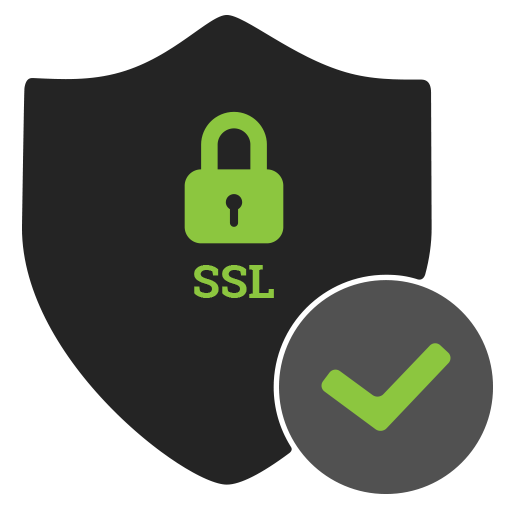Website security can be a complex (or even confusing) topic in an ever-evolving landscape. This blog is meant to provide a clear framework for website owners seeking to mitigate risk and apply security principles to their web properties.
Before we get started, it’s important to keep in mind that security is never a set-it-and-forge-it solution. Instead, we encourage you to think of it as a continuous process that requires constant assessment to reduce the overall risk.
By applying a systematic approach to website security, we can think of it as an onion, with many layers of defence all coming together to form one piece. We need to view website security holistically and approach it with a defence-in-depth strategy.
Why is Website Security Important?
Website security can be challenging, especially when dealing with a large network of sites. Having a secure website is as vital to someone’s online presence as having a website host.
If a website is hacked and blocklisted, for example, it can lose up to 98% of its traffic. Not having a secure website can be as bad as not having a website at all or even worse. For example, client data breaches can result in lawsuits, heavy fines, and ruined reputation.
Why Websites Get Hacked
There are over 2.94 billion websites online in 2022. This provides an extensive playground for bad actors.
There is often a misconception about why websites get hacked. Owners and administrators often believe they won’t get hacked because their sites are smaller, and therefore make less attractive targets. Hackers may choose bigger sites if they want to steal information or sabotage. For their other goals (which are more common), any small site is valuable enough.
How to Protect Your Website & Maintain Security
The importance of website security cannot be overlooked. In this section, we will review how to secure and protect your website.
-
Get a Website Firewall
- Have Website Backups
- Only grant the type of access that someone needs to accomplish a task.
- Install scanning and monitoring tools to ensure the integrity of your website.
- Install SSL certificates to encrypt data.
- Maintain website backups.
- Get Help from professionals
Conclusion
As a business owner and webmaster, you cannot merely set up a website and forget it. Although website creation is easier than ever, it does not change the fact that security maintenance is necessary.
Always be proactive when it comes to protecting your company’s and customers’ data. Whether your site takes online payments or personal information, the data visitors enter into your site must land in the right hands.
.webp)



